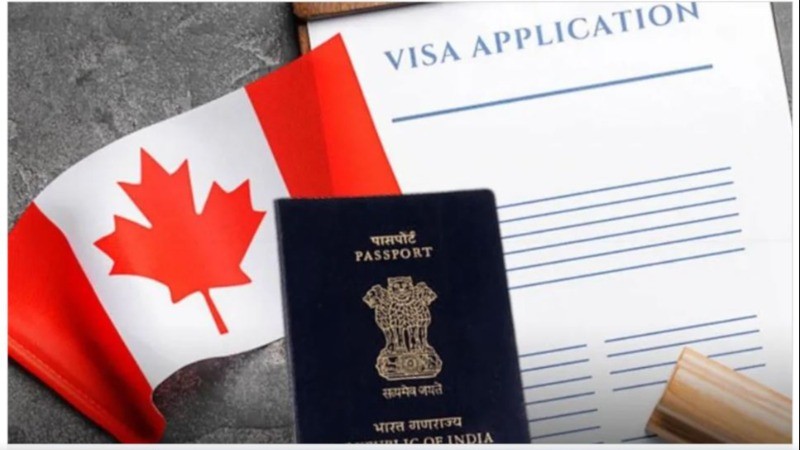
CANADA: Starting January 21, 2025, Canada will implement new changes to its Open Work Permit (OWP) program, which could have significant effects for Indian students and their families. The Canadian government has introduced stricter eligibility criteria for family members of international students and foreign workers, further tightening its temporary resident programs.
An Open Work Permit allows foreign workers to take up any job in Canada without needing a Labour Market Impact Assessment (LMIA) or a job offer in advance. Holders of this permit can work in any field once approved.
New Family OWP Rules for International Students
Under the new rules, only the spouses of international students enrolled in certain programs will be eligible for a family Open Work Permit. These include:
Family members who are already in Canada and whose permits are expiring can apply for a renewal under the same conditions as the principal applicant, as long as the requested duration matches the study or work permit of the student.
Family OWP Rules for Foreign Workers
Similarly, family Open Work Permits for foreign workers will now only be available to spouses of workers in high-demand sectors or specific occupations. These sectors include:
Furthermore, the foreign worker must have at least 16 months remaining on their work permit when applying for a family OWP. Dependent children will no longer be eligible for a family work permit.
What Does This Mean for Indian Students?
This change will directly affect many of the approximately 400,000 Indian students currently in Canada. Only a select group of students and foreign workers will be eligible for family Open Work Permits, limiting the ability of their spouses and children to work while living in Canada. However, if family members applied before January 21, 2025, their applications will still be processed under the old criteria, and any already approved permits remain valid until they expire.
Other Key Updates
Canada has also introduced new penalties for paid immigration representatives who mislead applicants, with fines reaching up to USD1.5 million. These rules aim to prevent fraud and ensure fair guidance in immigration matters.
Earlier in 2024, Canada’s Immigration, Refugees and Citizenship Canada (IRCC) announced plans to reduce the number of international students and temporary foreign workers. This includes a 10% reduction in the number of study permits for 2025, bringing the total down to 437,000. The IRCC is also tightening its eligibility criteria for work permits, specifically targeting sectors with labor shortages.
These changes are part of Canada's broader strategy to manage its population of temporary residents more effectively while addressing issues like labor market needs and program fraud.